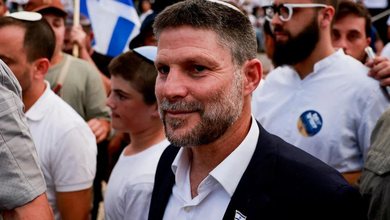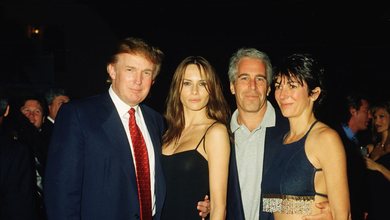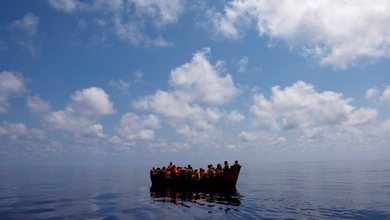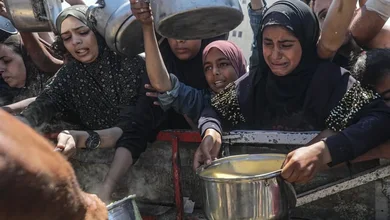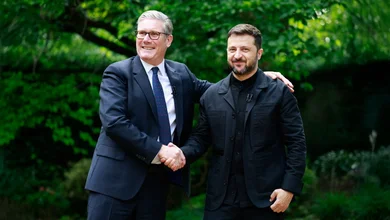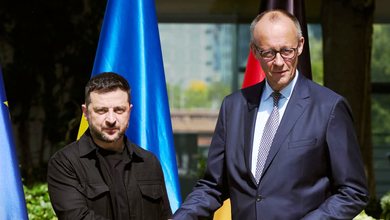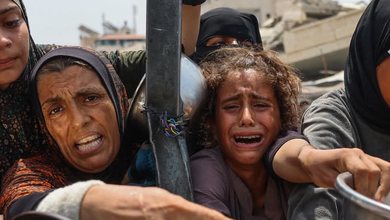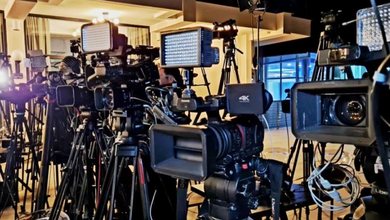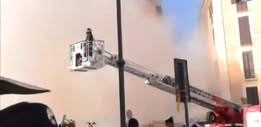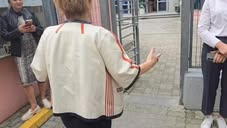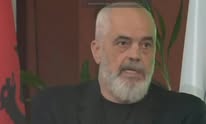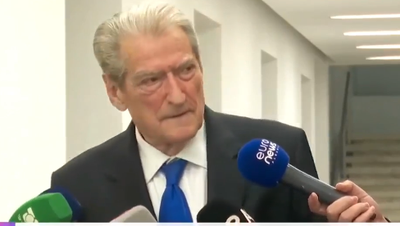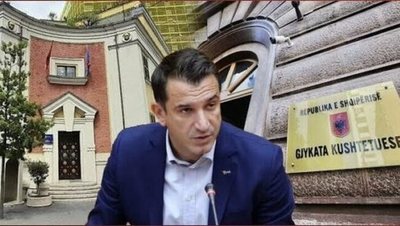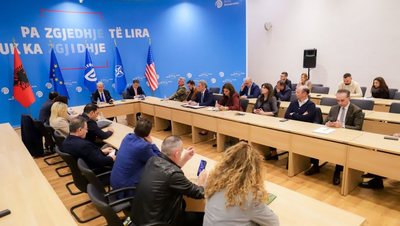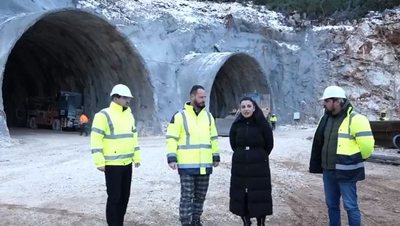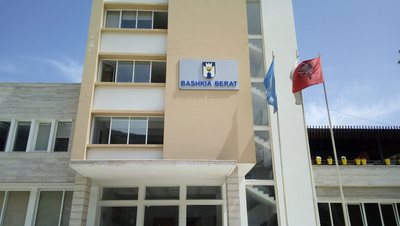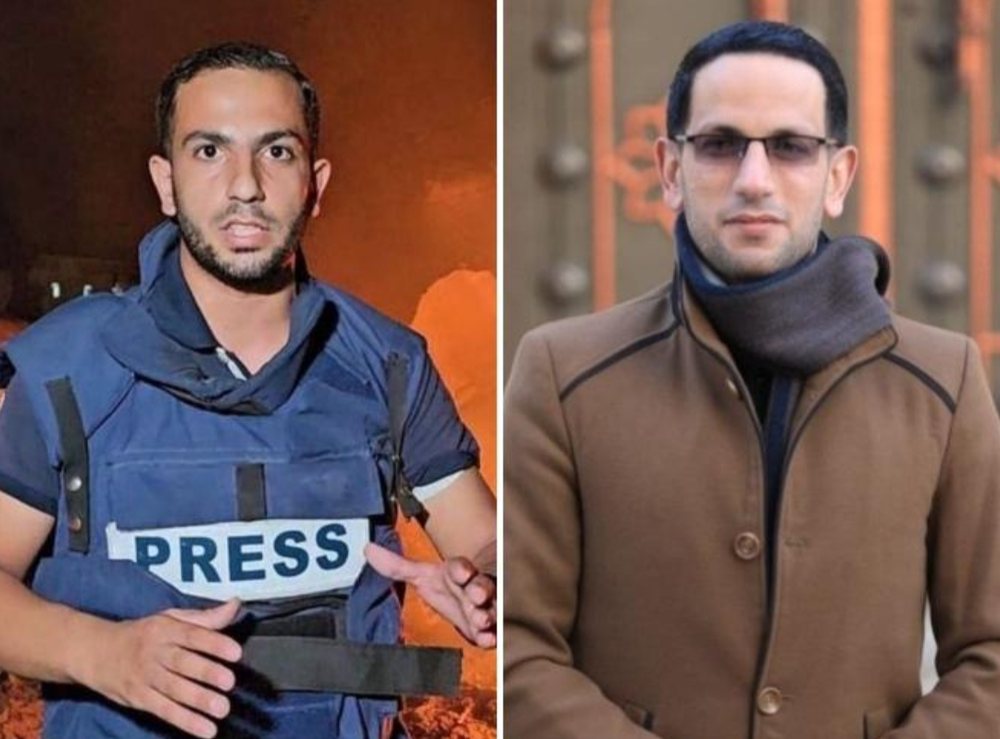
The brother of the Al Jazeera journalist killed in Gaza along with five other colleagues speaks out: "The campaign against him began a month after the war began, because Israel did not like his fame."
When you ask a Palestinian, "Where are you from?", the answer often doesn't match the place where he lives, but the place his family was forced to leave during the Nakba, the great forced displacement.
Mahmoud Al Sharif, the brother of Anas, the young Al Jazeera journalist killed on Sunday along with five colleagues in a direct Israeli army attack, says they are “from the town of al-Majdal, now part of Ashkelon, in Israel. In 1948, our relatives settled in the Jabalia refugee camp, in the north of the Gaza Strip, where Anas was born and lived.”
He speaks to us on the phone on the third day of the funeral ceremonies for his younger brother. The journalist's wife, Bihan, is also with him.
“I accept any question you may ask me, in the name of God, the Merciful, the Merciful,” says Mahmoud. Before revealing who Anas was, he wants to confront the accusations of the Israeli army, which claims it killed him “because he was a Hamas terrorist”:
“Everything is untrue, he never was. It’s propaganda. The campaign against him started a month after the war started, because Israel didn’t like his fame. In December 2023, they bombed our house and our father died.”
The military released a screenshot of a message in which Anas was said to be praising the October 7 massacre, accusing him of being the leader of a cell that launched rockets and showing photos with leader Yahya Sinwar.
"He wasn't running anything: he was a photojournalist, a simple man from Gaza. Not a militant." Mahmoud gets emotional as he defends Anas:
"It is painful to hear these words about him, who lived his profession as a mission: he was among the few left in the north, they killed him now because he was showing hunger."
Mahmoud explains that his brother never received payments from the terrorist group, as the army spokesman wrote. Before the war, he often participated as a reporter in Hamas and Islamic Jihad rallies and celebrations because he “photographed political events in the Strip and sent the images to the agencies. But that does not mean being connected to them.”
Mahmoud and Bihan ask the question:
“Why didn’t the IDF just target him? They knew where he was, he spent the last 22 months in the media tent, in front of Al Shifa hospital: they could arrest him and interrogate him. Why kill him like this? How do they justify killing five other colleagues?”
They also talk about a possible controversy that has not yet reached: Bihan bears the surname Sinwar.
"I want to make it clear: he is not a relative of the former Hamas leader, as someone said. Sinwar is a very common surname here."
While Mahmoud talks a lot, Bihan speaks little and leaves the story to him. Her soft voice is barely audible on the phone.
“It hurts me that my children will not grow up with their father,” she says. Anas was the father of Sham and Salah, aged 4 and 15 months respectively.
"We last saw him a week ago. He was doing a report on the blocked aid trucks and he came to visit us," continues the young woman, who had stayed in northern Gaza to be near him.
During this war, three months have passed without seeing her at all. Today, Sham says she will become a journalist like Anasi. She always asked for her cell phone to be on the Al Jazeera channel “and when it came on, she would fill the screen with kisses.”
“My brother adored his children, he was a cheerful and very sweet man. He was always ambitious, he studied Journalism and Communication at Al-Aqsa University. He dreamed of one day going to Doha and working at Al Jazeera headquarters. But he would never leave Gaza during the war.”
On Sunday, the two brothers spoke on the phone for 40 minutes. “He told me that they had offered him to leave the Strip, but he refused.”
Corriere della Sera



